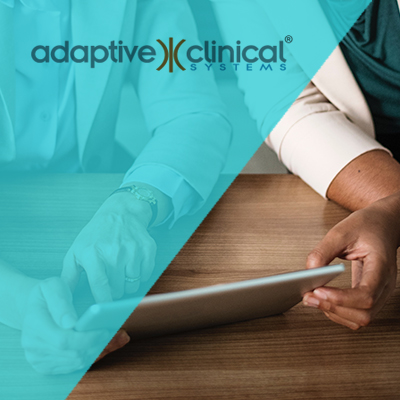We’re back from SCDM 2018 and observed that attendance appeared highest since its inception. This is a reflection of the voracious appetite that our industry has developed for good, clean data that passes the rigors of regulatory approval. A great deal of interest at the conference was on concepts introduced a year ago such as eSource and EMR integration which have matured since then. These topics tend to remain popular as they are often viewed as ways to reduce challenges in data management like slow execution time in studies.

- On average it takes 68 days to set up an EDC database, which is unacceptable.
- On average it takes 8 days to enter patient data after patient visit. This was identified as the biggest challenge as one pays the time penalty every time. This delay needs to be shortened.
- On average it takes 36 days for database lock.
Many agreed there’s been a major increase in the number of data sources, and that the eCRF is no longer the only source of data that needs to be reviewed and confirmed. The following solutions were considered:
- To discourage submission of incomplete data by the sites to expedite payment, tie payments to timely submissions as well as completion of data.
- Introduce analytics to identify areas of vulnerability in real-time, and not after-the-fact.
- Use configurable data interchanges and increase use of interoperability.
- Ensure that data is clean before it enters the system.
- And the most innovative of all — employ risk-averse data management using the ICHE6 guidelines.
As a result of these shared frustrations and challenges among those serving in this vital role, interoperability across heterogeneous environments was of particular interest to many. With a properly interconnected eClinical ecosystem our industry will be able to:
- Eliminate data entry lag time through a direct and secure link to the data source. (This could range from EMR to LMS or wearables)
- Use the best tools for the job and do not settle for what a single vendor may have to offer, thus avoiding compromises in functionality.
- Utilize an intelligent middleware to check the data early and often before it is loaded into an eCRF to promote proactive data management instead of reactive data management.
- Tally data collection volumes from sites, corelabs or CRO’s for display in progress dashboards to manage processing incentives without compromising data quality.
Sina Adibi is the CEO of Adaptive Clinical Systems and a veteran of Pharma and Health IT industry.
About Adaptive Clinical Systems
Adaptive Clinical Systems offers a simple, secure, validated, compliant, and cost-effective solution for clinical data integration. For organizations struggling with integration of clinical study data from multiple systems and platforms, the Adaptive eClinical Bus, a cloud-based hosted service, will integrate with any EDC, eCOA, CTMS, Medical Imaging, IRT, analytical/data visualization and other systems to ensure accurate and efficient transfer of clinical data for any study of any complexity. Please visit https://adaptive-clinical.com/ for more information.


